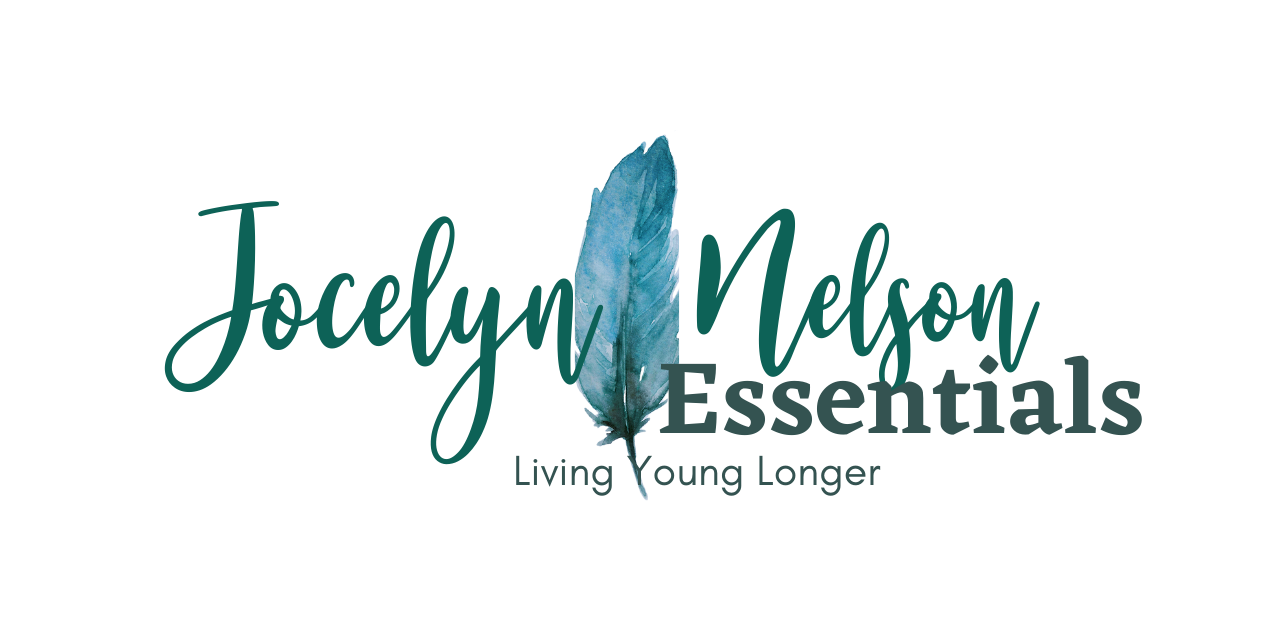
Have you noticed all the products, from make up to weed killers, that are labeled clean, green, natural, non-toxic, etc.” It’s great that we are starting to look at what we put on, breath, or put in our bodies, but are we really getting what we think we are getting? In comes the whole process of “Green-Washing.”
“Green-washing is when a product makes claims to be natural, eco-friendly, organic or environmentally conscious—when they aren't any of those things—as a sales tactic,” says clean beauty expert Jenny Duranski, owner and founder of Lena Rose Beauty in Chicago. “This can be done through the products’ descriptions or even the company name, or the use of images or packaging design that would make consumers believe the product is green.” She gives the example of a box with flowers or herbs on it, something that would make a consumer believe at first glance that it contains these kinds of natural ingredients...when, in many cases, it doesn’t. To our point on natural beauty’s meteoric rise in popularity, brands are doing this because it sells, says Duranski.
And what is really scary, the beauty industry is almost entirely unregulated. “The U.S. skincare and beauty industry is worth about $100 billion, yet is remarkably under-regulated. Brands regulate themselves, for the most part,’’ says Annie Jackson, co-founder and COO of Credo Beauty. More specifically, “There are no legal definitions for natural, naturally derived, renewable, sustainable, synthetic, and the like, and there’s a lack of oversight to hold brands accountable for backing up these claims,” she adds.
So the reality is that anyone can say their product is “natural,” “green,” or “clean.” Unfortunately, that just makes it harder for the responsible products to shine through the maze of “less than responsible” products. And that just makes it harder for the consumer.
To emphasize our situation in the US, did you know that the European Union (EU) bans over 1300 chemicals in personal care products. The US only bans 11. Yup!! ONLY 11.
What can we do? Here’s some tips from the Breast Cancer Prevention Partnership
1.Read ingredient labels
It is perfectly legal for companies to use ingredients linked to cancer, endocrine disruption, and reproductive harm in the cosmetics and personal care products we use every day. Avoid:
- PTFE/PFOA
- Polyacrylamide/acrylamide
- Styrene
- Phthalates
- Parabens
- 1,4-dioxane
- Cadmium and other metals
- UV filters
- Triclosan
2. Don’t be fooled by natural and organic claims
These words have little meaning in the largely unregulated personal care products industry. Natural doesn’t always mean safe (for example, lead) and not all synthetic ingredients are harmful.
3. Avoid fragrance
The word fragrance is a cocktail of ingredients and may include dozens or more potentially harmful chemicals, and can be found in nearly half of all personal care products. Avoid purchasing and using products with the word fragrance or parfum on the label.
4. Revamp your beauty routine
Ditch your old daily routine and replace it with safer cosmetics and personal care products. If it’s too much to do all at once, switch over one product at a time.
5. Use Online Tools to Find Safer Products
Clearya, a free Chrome extension and mobile app, notifies you about unsafe ingredients in your personal care and cleaning products while you shop online at Amazon, Sephora, Walmart, iHerb and Love Letter. Know what’s inside your products with Clearya! Also, apps like ThinkDirty and EWG’s Skin Deep database rate your personal care products for safety and toxicity. (PS – I use ThinkDirty for shopping for any products).
6. Use products with the MADE SAFE® seal
MADE SAFE® is helping to make it easier to find safer products by labeling them with a special seal. Learn how they certify the safety of personal care and other consumer products, and where you can find them.
7. Choose safer hair and nail salons
Look for healthy nail and hair salons in your community that use safer products. If you can’t find a healthy nail salon in your community, bring your own nontoxic nail polish.
Find a Healthy Nail Salon
Moral of the Story….Do your homework. Be a smart consumer. I will be posting additional information since this is a huge part of “Healthy Living” or for my goal to “Die Young at an Older Age.”
Want to learn more about our all-natural products?
Step 1: Join my Facebook Community, Diffusing Info:
https://www.facebook.com/groups/1196710297020854
Step 2: Sign up for email class, Essential Oils 101:
http://jocelynnelson.com/landing/what-are-essential-oils















0 Comments